Energy
Cooking fuel
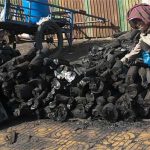
Firewood and charcoal are the main sources of energy for households and many small and medium enterprises, such as brick and tile industries. The cooking fuels used in Cambodia have changed greatly in the last decade. The National Census 2008 showed that 91 percent of ...
Energy for transport

In Cambodia, petroleum is traditionally the main source of energy for transportation. The petroleum fuels used for transportation include gasoline, diesel, heavy fuel and fuel oil. ...
Electricity production
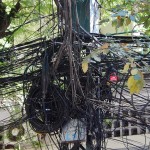
In Cambodia, electricity demands have been forecast to grow at 17.9 percent annually from 2012 to 2020.1 Distribution of electricity around the country has been a challenge: according to UN data, 79 percent of people live in rural areas,2 and the entire national population had grown ...
Non-renewable energy production
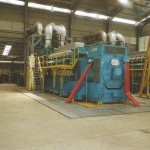
Non-renewable energy sources are chiefly fossil fuels such as coal, diesel, oil and gas. They provide most of Cambodia’s locally-produced electrical supply – in 2011 diesel and heavy fuel oil generators provided 89% of local electricity generation. ...
Energy policy and administration

Electricite du Cambodge (EdC). Photo by bmeabroad, taken on 10 November 2011. Licensed under CC BY-NC-SA 2.0.Low electrification rates and over-dependence on fossil fuel imports have contributed to Cambodia ranking 120 out of 124 nations in the new World Economic Forum’s Global Energy Architecture Performance Index ...
Renewable energy production
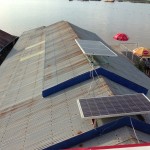
Renewable sources of energy include biofuels, solar, wind, tidal and geothermal energy. Fossil fuels such as petroleum or coal are not renewable. ...
Hydropower dams
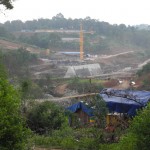
In 2003, a national sector review for hydropower was prepared by the Ministry for Industry, Mines and Energy (now Ministry of Mines and Energy) and the Cambodian National Mekong Committee (CNMC). This report identified 60 possible sites for hydropower development in Cambodia and estimated the ...
Energy
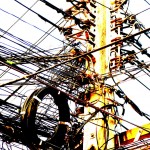
Cambodia has undergone rapid economic development in recent decades, with GDP per capita tripled between 1999 and 2013. However, mainly due to three decades of war and political turmoil which severely damaged the country’s infrastructure, the country still lacks the means required for energy sector ...

